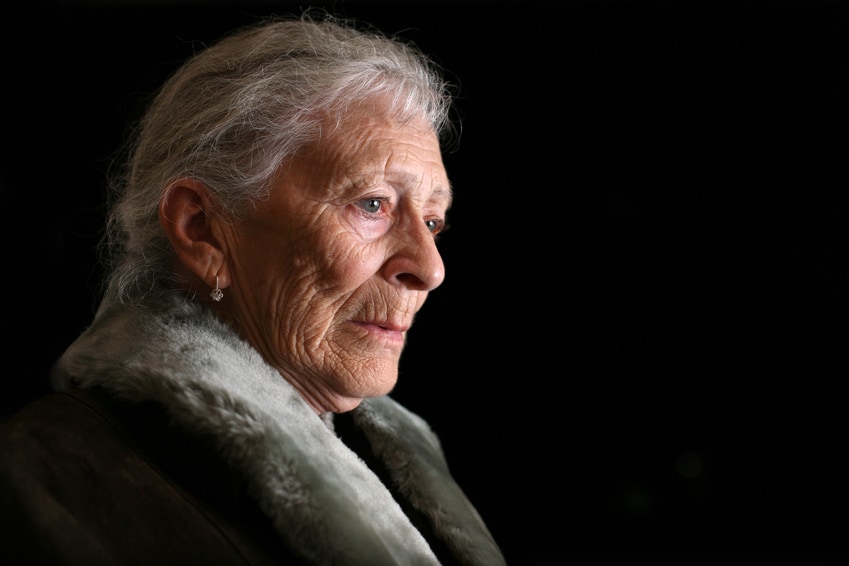“Will you still need me? Will you still feed me? When I’m 64?” The Beatles first released these quaint, clarinet-fueled lyrics in 1967 when the loving answer to these questions was a resounding, “Yes!” Traditional marriage vows echo this sentiment in that they presuppose a relationship span that encompasses young and old age, wellness and serious illness, wealth and poverty. However, as modern aging has come to be defined by living longer with chronic care needs, and providing long-term care has shifted to the public sector, with two thirds of long term care services paid for by Medicaid, loving spouses may be forced to answer, “No,” to these questions. The future of elder care may depend on divorce.
 Aging and care are already expensive and stressful, and even the young Beatles in 1967 wondered if love now would translate into care in old age. It should.
Aging and care are already expensive and stressful, and even the young Beatles in 1967 wondered if love now would translate into care in old age. It should.
In case you haven’t heard, long-term care needs are expensive. In 2014 the average annual cost of a semi-private room in a skilled nursing facility was $83,114! The majority (70%) of people over 65 need some level of long-term care at some point—whether that will be provided in a home, an assisted living center, or a nursing care facility, according to The Huffington Post in a recent article titled “Is Divorce the Best Option for Older Americans?”
To find a way to pay for these services, many Americans look to the Medicaid Long-Term Care benefit. This program can pay for the room and board or home health services of qualifying individuals over age 21. To be eligible, an individual must meet the age and medical necessity criteria, as well as financial criteria concerning income determined by the federal government. Medicaid will look at an individual’s assets—like their banking accounts, real property, investments, household belongings, life insurance, and one car. However, all income and assets are subject to a five-year look back period: you can’t just give away stuff to avoid it being counted as an asset for eligibility. However, if a person has financial excess, Medicaid allows him or her to “spend down” their income and assets in order to be poor enough to qualify. Doesn’t that sound a little tricky?
The original article explains that for married couples Medicaid has what are called “spousal impoverishment” rules. These rules cap the assets for a couple living together, although the rules are totally different if one spouse resides in an institution. The spouse living in the community typically is allowed to retain a larger portion of income for his or her living expenses. Medicaid will not try to recoup the costs for the long-term care from the estate of the deceased recipient until the community spouse passes away.
While all of these rules enable elderly and chronically ill individuals to access needed long-term care services, the original article argues that these rules also tacitly encourage divorce. “Medicaid Divorce” isn’t a new phenomenon. It’s been considered a legal option for avoiding the five-year look-back period for Medicaid eligibility and for avoiding the estate recovery process. Legal experts emphasize that asset protection is super-complicated, and it may be different in another state. All that said, the solution of divorce is still a hot topic, as these rules discourage couples from living together and looking after each other. A couple’s combined assets are only protected if the Medicaid recipient doesn’t live with his or her spouse, so by divorcing, a couple can cohabitate and still protect the income and assets of the spouse not receiving Medicaid home health benefits.
According to the original article, a divorce could also protect the primary residence from the Medicaid Estate Recovery program: the surviving spouse is given the right to use and enjoy it even though it’s owned by someone else. The surviving spouse lives there until his or her death, then the state is able to recoup the costs of care from the estate. That means that the next generation pays for the care of their loved ones by losing a potential inheritance. A divorce could keep the real property in the name of the community spouse and protect it from recovery for Medicaid care expenses.
Is this really the answer? Learn more about estate planning strategies to avoid extreme measures by attending one of our free estate planning Workshops. Please contact us at 360-975-7770 or at nicolle@nwlegacylaw.com to sign up and learn more!
Reference: The Huffington Post (March 16, 2015) “Is Divorce the Best Option for Older Americans?”
